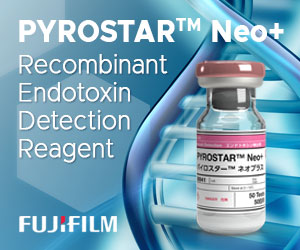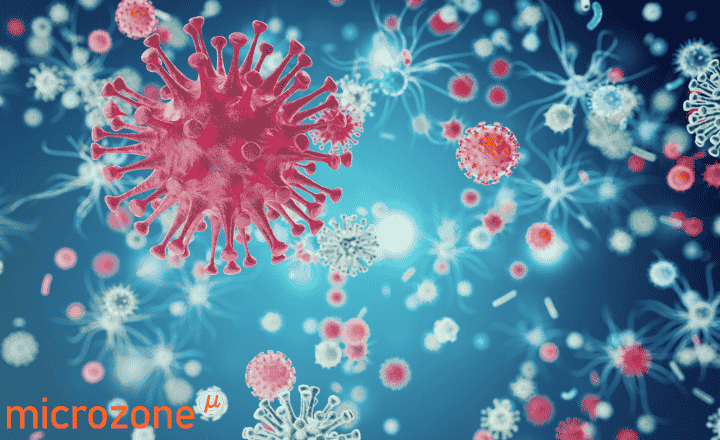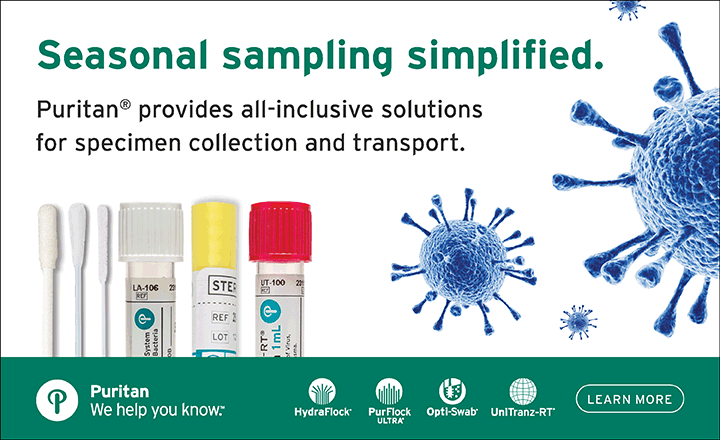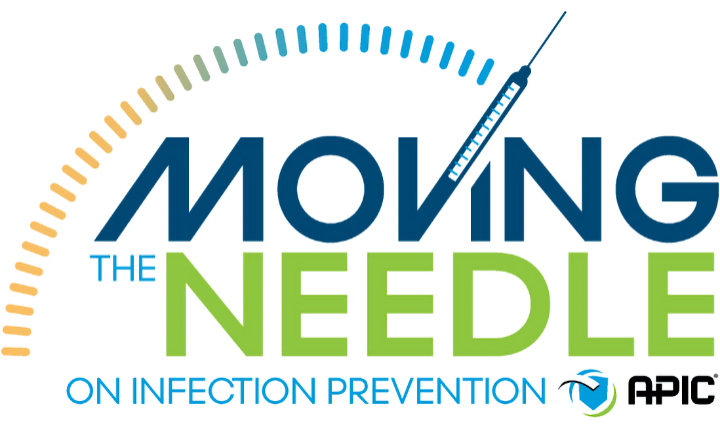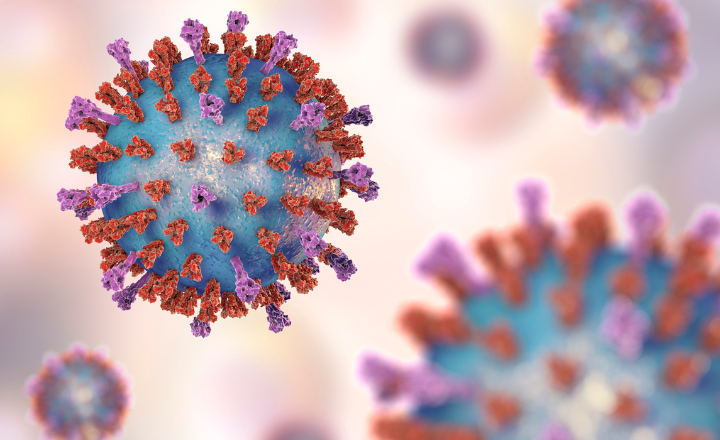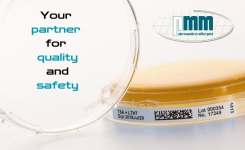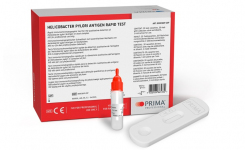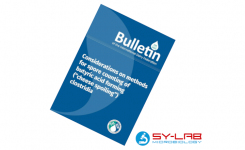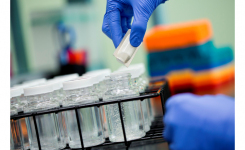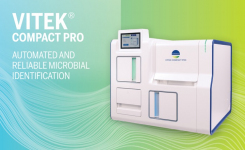
QIAGEN has announced plans to launch a rapid portable test that can detect SARS-CoV-2 antigens in people with active infections in less than 15 minutes and process on average around 30 swab samples per hour using a small digital detection system.
The Access Anti-SARS-CoV-2 Antigen Test, which is expected to become available in the fourth quarter of 2020, is designed for environments that require a high volume of fast and accurate test results.
The portable test offers a new combination of speed and scale that marks an important step towards decentralized mass testing that health authorities all over the world have been urgently seeking.
The Access Anti-SARS-CoV-2 Antigen Test extends the partnership with Ellume, an Australian digital diagnostics company.
It is the second QIAGEN COVID-19 test to make use of Ellume’s digital eHub and eStick system. QIAGEN in August announced the Access Anti-SARS-CoV-2 Antibody Test that uses the same devices.
Two versions of the Antigen Test are scheduled for US launch in the fourth quarter – one for labs and one for point-of-care (POC) use.
QIAGEN will apply for FDA Emergency Use Authorization and seek CE-IVD registration in Europe. A CLIA Waiver in the US would allow the POC version to be used in settings like airports or stadiums.
Feasibility tests have shown the Access Antigen Test to have a sensitivity of at least 90% and a specificity of 100%.
The Access Anti-SARS-CoV-2 Antigen Test uses the QIAGEN eHub that was launched in August, a rugged portable machine, to analyze nasal-swab samples from up to eight symptomatic people at once.
The easy-to-use eStick uses nanoparticle fluorescent detection technology to flag the SARS-CoV-2 nucleocapsid protein, an antigen present on the surface of the virus. The device delivers negative results in 15 minutes – and as little as three minutes in the case of a strong positive.
This means one eHub can process on average about 30 tests per hour with the possibility for one user to operate more than one eHub.
As Access Anti-SARS-CoV-2 Antibody test, released late August, also uses the device, lab professionals will be able to run tests to detect both previous and active infections on one device at the same time – with each testing slot operating independently of the others. Knowledge of past and present infections is essential to understanding and inhibiting the spread of the disease.
The Antibody Test strengthens QIAGEN’s robust COVID-19 testing portfolio that addresses customer needs from fundamental research to diagnostics.
The Access Anti-SARS-CoV-2 Antigen Test and the Access Anti-SARS-CoV-2 Antibody Test run on the eHub platform that QIAGEN is using for Access QuantiFERON-TB. This is a new solution still in development that will help low-resource and high-burden regions diagnose latent tuberculosis infection.
QIAGEN employees are addressing the urgent demand for testing solutions needed in the global response to the coronavirus pandemic. They are massively ramping up production capacity and building the most comprehensive portfolio of solutions for COVID-19 testing.
These include viral RNA extraction for use on QIAGEN’s QIAcube, QIAsymphony and EZ1 platforms as well as third-party instruments; a range of PCR tests on the QIAstat-Dx and NeuMoDx systems that enable COVID-19 detection while analyzing samples at the same time for other respiratory infections; and the Access Anti-SARS-CoV2-Antibody Test for detection of an immune response in people who have been exposed to the virus in the past.
QIAGEN also provides universal next-generation sequencing (NGS) solutions for research use with any sequencer, in particular gene panels integrated with bioinformatics for analysis of the SARS-CoV-2 virus.
QIAGEN is also providing reagents sold to other companies for use in their COVID-19 tests.
Further information on QIAGEN’s response to the coronavirus outbreak can be found here.
Note: This content has been edited by a rapidmicrobiology staff writer for style and content.



